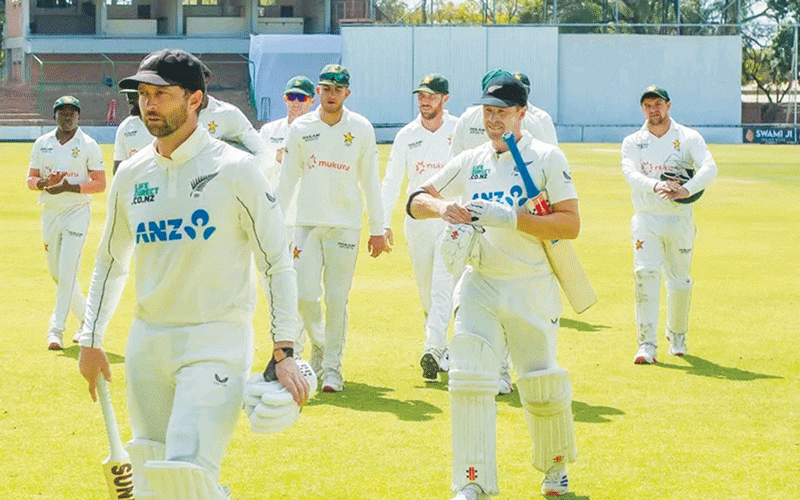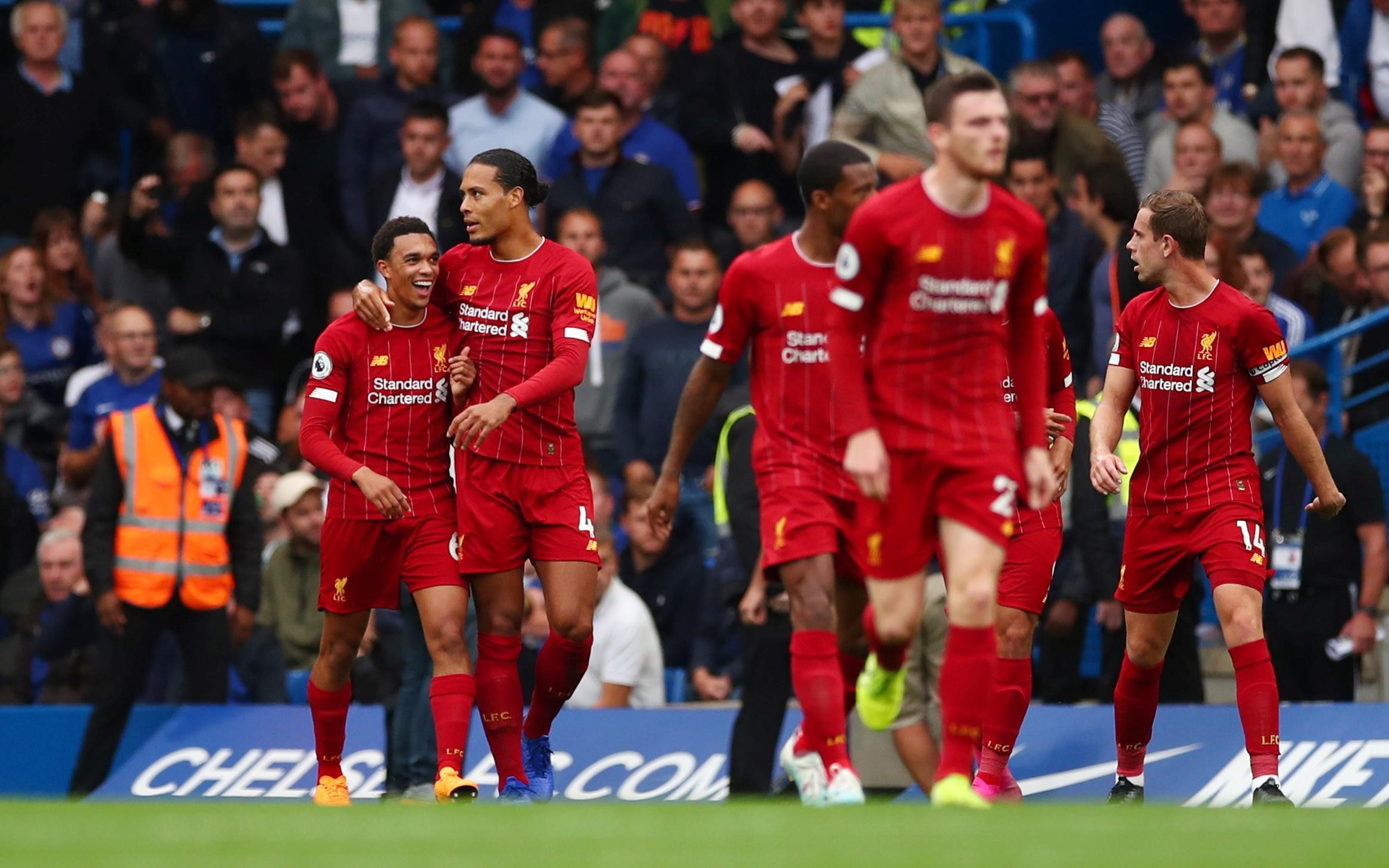
FOLLOWING a crushing and record-breaking defeat in the second Test against New Zealand, Zimbabwe's head coach Justin Sammons has delivered a scathing assessment of his team's performance, singling out some players for their glaring lack of drive and character.
The 2-0 series whitewash, culminating in an innings and 359-run loss, has exposed deep-seated issues within the Chevrons' camp, raising serious questions about player commitment and mental fortitude.
The second Test at Queens Sports Club was a truly forgettable affair for Zimbabwe, ending in just over two days. Their defeat by an innings and 359 runs was not only their worst in Test history, but also the fourth-largest margin of victory ever recorded.
New Zealand’s batsmen piled on a mammoth 601 for 3 declared, with three players — Rachin Ravindra (165*), Devon Conway (153) and Henry Nicholls (150*) — all notching up big hundreds.
In stark contrast, Zimbabwe's batting lineup crumbled in both innings, managing just 125 and 117 respectively, failing to even reach a score of 200 in any of their four innings across the series.
Their highest score was a paltry 165 in the first Test, which they also lost by a comprehensive nine wickets.
In a post-match interview, Sammons did not mince his words, lamenting the disparity in effort he witnessed.
"I think you can certainly see where players have shown character and where other players haven't," he stated bluntly. "I am not going to go in and name, but it's glaringly obvious."
- School of sport: Where is school sport going?
- Celebrating Zim beef sector
- Mukhuhlani withdraws as New Zealand's Barclay re-elected ICC chairman
- Gems draw powerhouse Australia
Keep Reading
Sammons highlighted that the very nature of Test cricket—the "greatest test" — is to challenge players both physically and mentally.
He praised New Zealand's Devon Conway as a prime example of the grit he expects from his team, noting how the cricketer was willing to take a few body blows for the sake of his team and was rewarded with a significant century.
This willingness to go out of the comfort zone is what Sammons believes is desperately missing from some of his players.
The coach drew a clear distinction between players who are playing for the team and those who are playing for themselves. This observation suggests a deeper issue of collective responsibility and a lack of unity within the squad.
While he acknowledged the quality of the opposition and the difficult period of continuous high-level cricket his team has faced, Sammons expressed his frustration that some players are not demonstrating the self-motivation required at the international level.
"At this level, you should not have to motivate a player. The player should be self-motivated to go and perform for his country," he said.
Sammons admitted the results have led him to question his coaching methods, asking, "What are we doing wrong here? How are we not getting more out of the players?"
However, he also holds out a glimmer of hope, clinging to the belief that the lessons from these crushing defeats might only become apparent in future, whether in a few months or a couple of years.
For now, he insists on remaining patient with the group, even as the immediate signs point to a team in crisis, struggling to learn and adapt under intense pressure.
The path forward for Zimbabwe cricket appears steep, and it will require more than just patience, but a significant shift in the mindset and character of its players.










